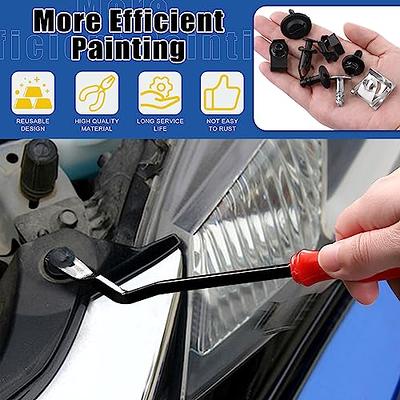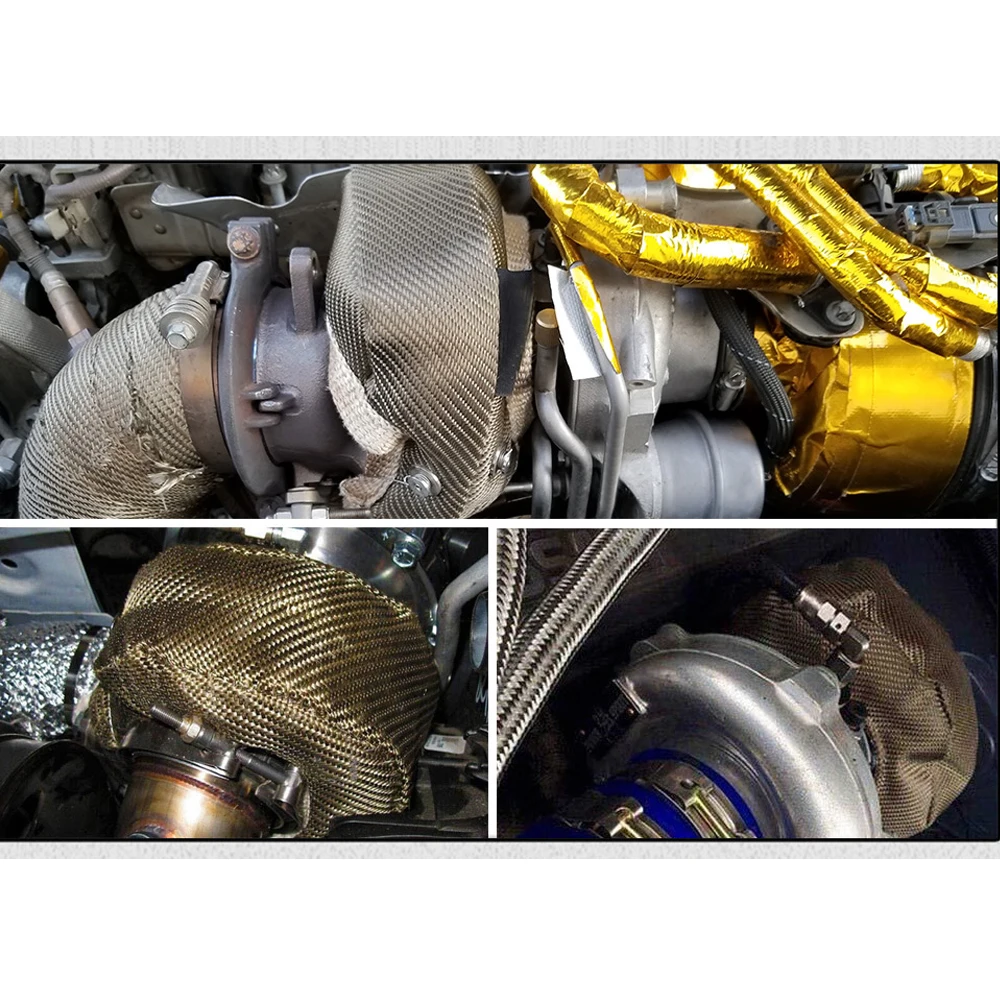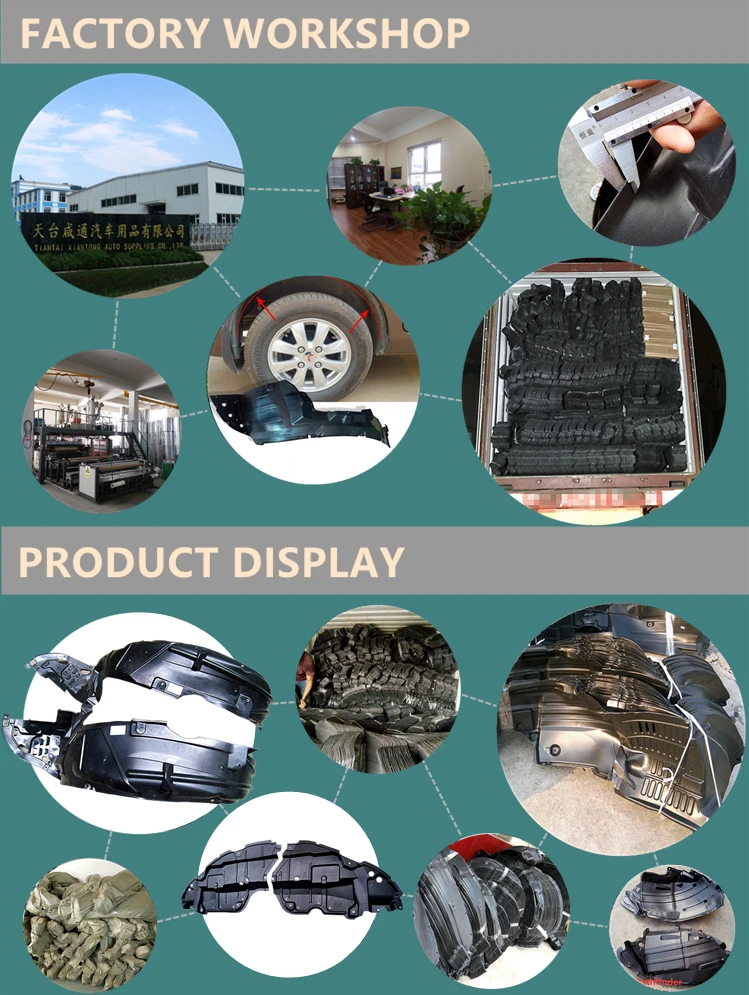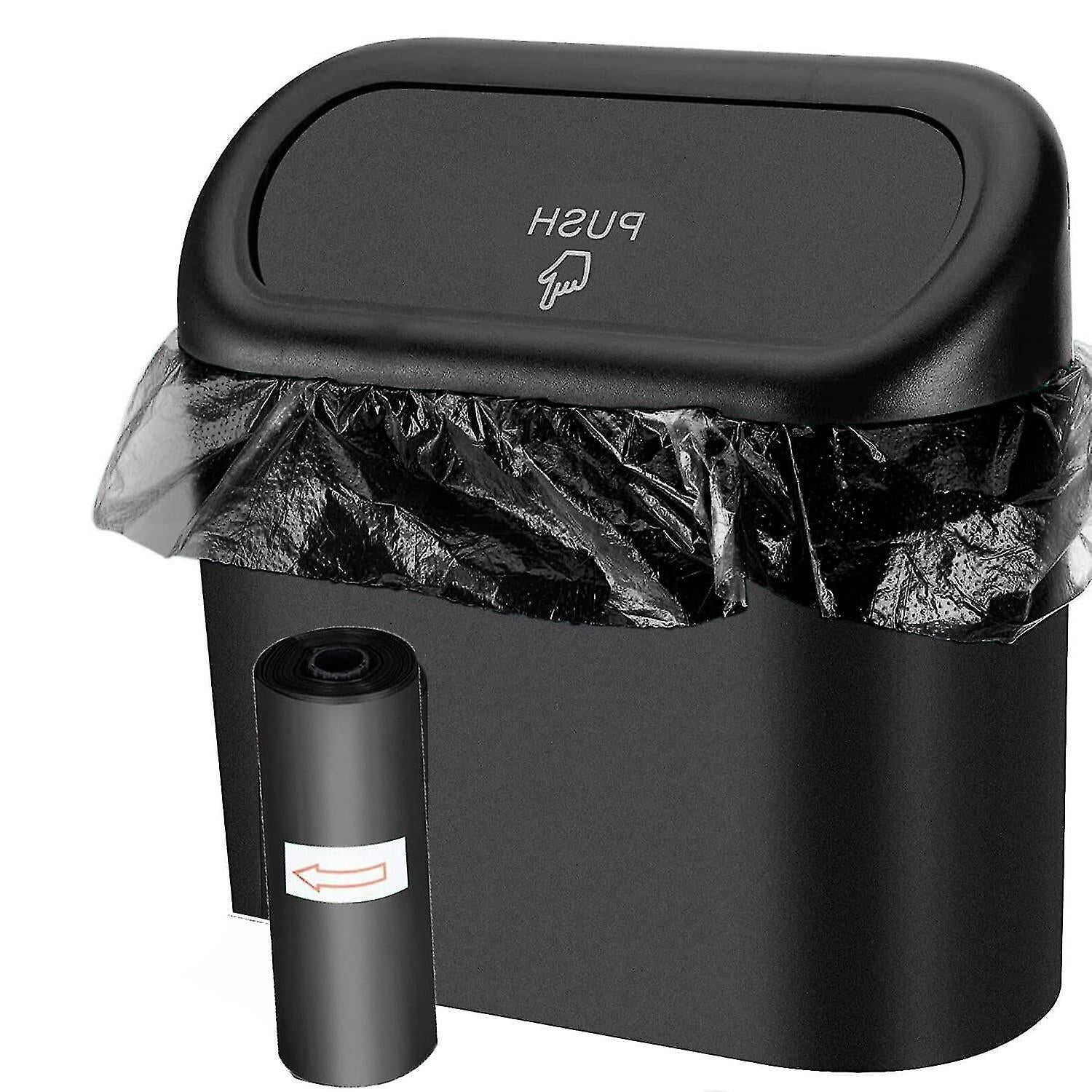Car Engine Protective Shields Protecting Your Vehicle's Heart
As a car owner, it is important to understand the importance of protecting your vehicle's engine. The engine is the heart of your car, and any damage to it can result in costly repairs or even complete engine failure. This is where car engine protective shields come into play. These shields act as a barrier between your engine and potential hazards, providing an extra layer of protection for your vehicle. In this article, we will take a closer look at car engine protective shields, their benefits, and how they can help prolong the life of your car.
The Importance of Engine Protection

Your car's engine is subjected to high levels of heat, friction, and vibrations on a daily basis. Over time, these factors can cause wear and tear on the engine, resulting in reduced performance and potential breakdowns. This is where engine protective shields come in. By shielding your engine from these external elements, you can greatly reduce the risk of damage and prolong the life of your engine.
The Role of Car Engine Protective Shields
Car engine protective shields act as a barrier between your engine and external hazards such as debris, water, and extreme temperatures. They are typically made from durable materials such as aluminum or steel and are designed to fit snugly around various engine components, providing an extra layer of protection. These shields not only protect your engine from damage but also help keep it running at optimal temperatures, thus improving overall performance.
Benefits of Using Car Engine Protective Shields
- Protection Against Debris and Water - One of the main benefits of using car engine protective shields is that they prevent debris and water from entering your engine bay. This can be especially useful if you frequently drive on unpaved or muddy roads. By keeping these contaminants out, you can prevent potential damage to your engine and its components.
- Improved Performance - As mentioned earlier, car engine protective shields help keep your engine running at optimal temperatures. This is important as excessive heat can cause significant damage to your engine, resulting in reduced performance and even total engine failure. By maintaining proper temperatures, these shields can help improve the overall performance of your vehicle.
- Cost Savings - Investing in a car engine protective shield may seem like an additional expense, but it can actually save you money in the long run. By protecting your engine from potential hazards, you can avoid costly repairs or replacements down the line. Additionally, improved performance can also lead to better fuel efficiency, saving you money at the pump.
Types of Car Engine Protective Shields

There are various types of car engine protective shields available on the market, each designed for different purposes. Some common types include:
Skid Plates
Skid plates are flat sheets of metal that cover the underside of your engine, acting as a shield against rocks, debris, and rough terrain. They are commonly used on off-road vehicles but can be beneficial for any type of car.
Splash Guards
Splash guards are similar to skid plates but are designed specifically to protect against water and mud splashes. They are typically fitted behind the wheels and help prevent these elements from entering the engine bay.
Heat Shields
Heat shields are designed to protect the engine components from excessive heat generated by the exhaust system. These shields are commonly made from aluminum and are placed between the engine and the exhaust system to minimize heat transfer.
How to Choose the Right Car Engine Protective Shield

When selecting a car engine protective shield, it is important to consider factors such as the type of driving you do, the climate in your area, and the make and model of your vehicle. It is also important to choose a shield that is made from high-quality materials and is specifically designed for your car.
Factors to Consider When Choosing a Car Engine Protective Shield
- Material - As mentioned earlier, car engine protective shields are commonly made from aluminum or steel. However, some shields may also be made from other materials such as carbon fiber or high-density plastic. Choose a material that is durable and can withstand the specific hazards your engine may encounter.
- Fit - It is important to choose a shield that is specifically designed for your vehicle's make and model. This ensures a proper fit and maximum protection for your engine.
- Climate - If you live in an area with extreme temperatures, it is important to choose a heat shield that can withstand these conditions. Similarly, if you frequently drive on rough terrain, a skid plate may be a better option.
Frequently Asked Questions

What is the purpose of a car engine protective shield?
The purpose of a car engine protective shield is to provide an extra layer of protection for your engine against external hazards such as debris, water, and extreme temperatures.
Do I need a car engine protective shield for my vehicle?
While not all vehicles require engine protective shields, they can be beneficial for those who frequently drive on rough terrain, live in areas with extreme weather conditions, or simply want to prolong the life of their engine.
Can I install a car engine protective shield myself?
It is recommended to have a professional mechanic install a car engine protective shield, as they will ensure a proper fit and installation for your specific vehicle.
How often should I replace my car engine protective shield?
The lifespan of a car engine protective shield will vary depending on factors such as driving habits and climate. It is recommended to inspect the shield periodically and replace it as needed to ensure continued protection for your engine.
Are there any downsides to using a car engine protective shield?
One potential downside to using a car engine protective shield is that it may add additional weight to your vehicle, resulting in slightly reduced fuel efficiency. However, this is a minor trade-off compared to the benefits of protecting your engine.
Conclusion: Protect Your Car's Engine with a Protective Shield

In conclusion, car engine protective shields play an important role in protecting your vehicle's engine from potential hazards. By investing in a high-quality shield and having it installed by a professional, you can greatly reduce the risk of damage to your engine and prolong its lifespan. Additionally, these shields offer numerous benefits such as improved performance and cost savings in the long run. So, if you want to keep your car running smoothly for years to come, consider adding a protective shield to your engine today.



